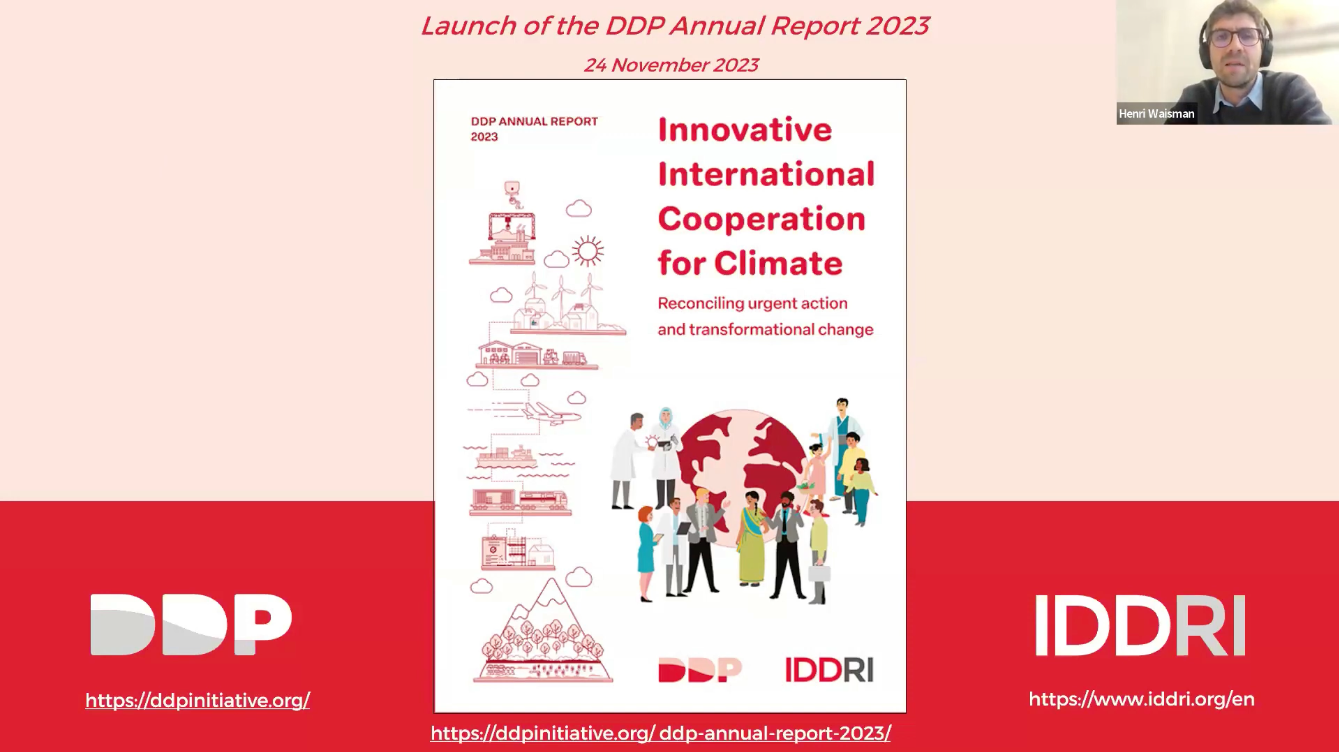DDP Annual Report 2023
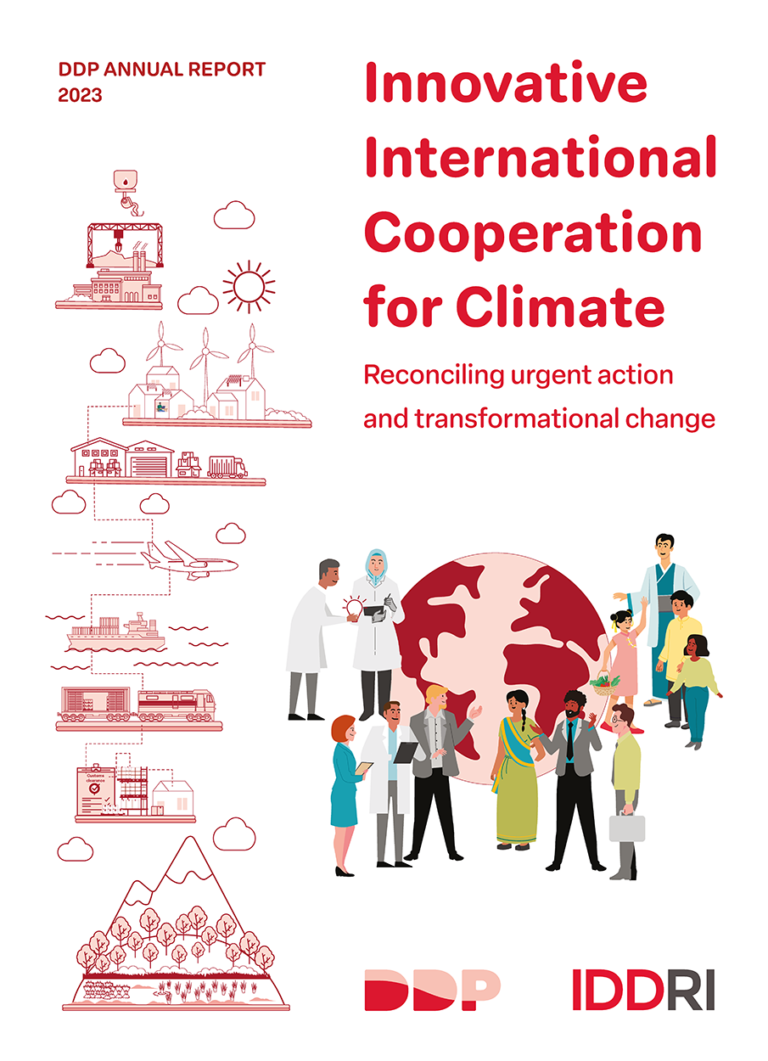
Innovative International
Cooperation for Climate
Reconciling urgent action and transformational change
The report emphasizes the urgent need for swift and transformative action on climate change in line with the Paris Agreement’s temperature goals. Incremental changes won’t suffice; instead, a systemic transformation involving both technological and organizational shifts across all sectors and countries is essential. Challenges include societal involvement, stakeholder coordination, and resistance due to vested interests. The report advocates for a new approach in international cooperation, suggesting a bottom-up, needs-based strategy prioritizing local capacities and solutions. The report draws from the Deep Decarbonization Pathways initiative, focusing on sectors like steel, freight transport, and AFOLU (agriculture, forestry, and other land use) to showcase the potential of this innovative approach.
Replay
DDP Annual Report 2023
Chapters
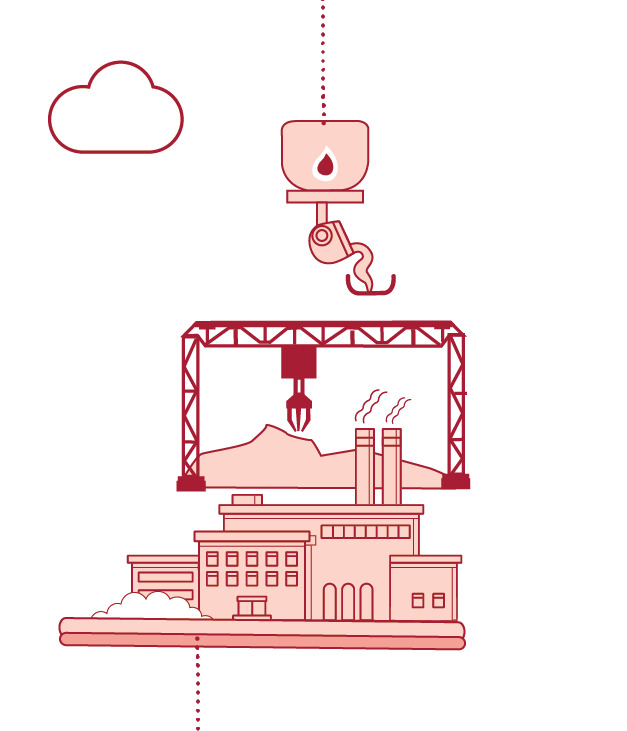
Iron & Steel
The DDP’s research identified sectors feasible for economic decarbonization pre-COP21. While most sectors could decarbonize via clean electrification and fuel switching, industry posed a challenge due to hard-to-electrify processes. Recent advancements show the potential for deep decarbonization in steel production using hydrogen-based technology, notably seen in the EU’s successful policy measures. However, global cooperation remains lacking. This chapter delves into global steel decarbonization, focusing on necessary transformations, technical aspects, national experiences, and the crucial role of international collaboration, emphasizing the need to accelerate worldwide decarbonization efforts for steel to meet the 1.5°C goal.
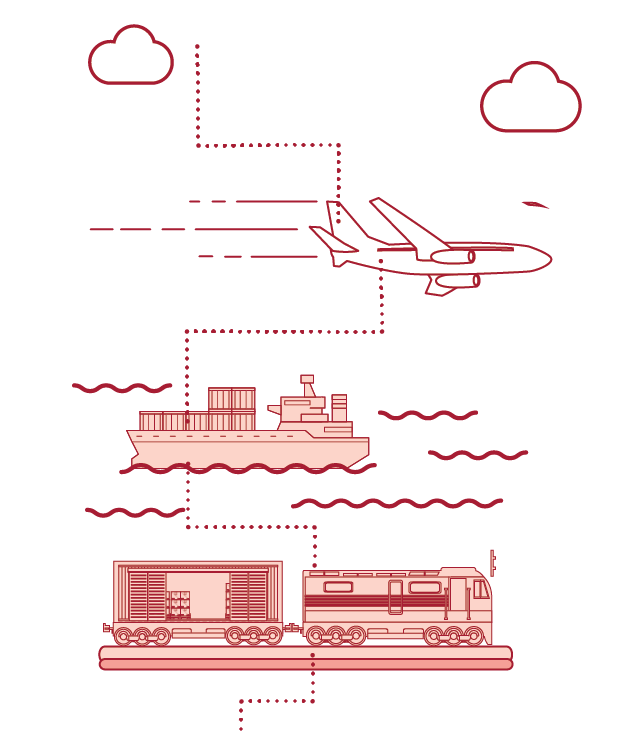
Freight Transport
Transport contributes around 15% of global greenhouse gas emissions, with freight accounting for 40% of these emissions, and its growth is outpacing other sectors. Current strategies for freight decarbonization are insufficient, focusing primarily on technological advancements rather than needed organizational changes. The IPCC emphasizes that achieving carbon neutrality requires significant systemic transitions, including both technological and organizational shifts in the transport sector. This shift involves reducing tonnes transported, kilometers traveled, and the dominance of road freight through organizational changes, alongside expanding low-carbon alternatives. The chapters details examples from the Deep Decarbonization Pathways network illustrating potential organizational changes based on national analyses for emissions reduction in the freight sector.
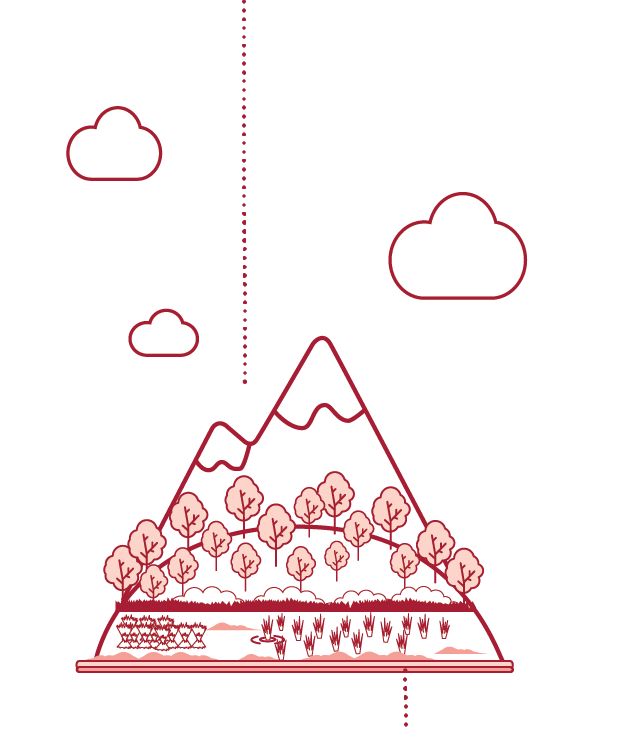
Agriculture, Forestry and Other Land Use (AFOLU)
The agriculture, forestry, and land use sector contribute 22-34% of global greenhouse gas emissions while facing climate, biodiversity crises, and food insecurity. Vulnerable to climate change, it risks reduced yields, biodiversity loss, and desertification. Employing billions globally, it’s pivotal for food security but fails to provide healthy diets. Transforming this sector necessitates systemic changes, including ecosystem preservation, agricultural practice transformations, and addressing food waste. Despite insufficient progress, increasing long-term ambition and accelerating immediate actions are crucial to achieve global targets. Analyzing cases like Brazil, Colombia, India, Indonesia, and Senegal, the chapter highlights the need for international cooperation to drive necessary transformations.
